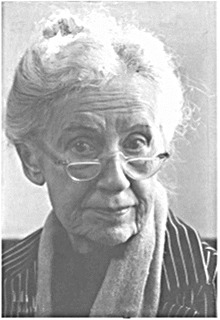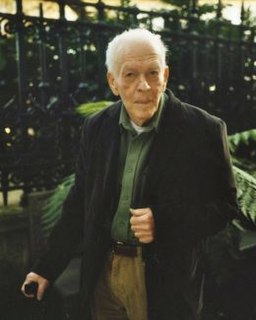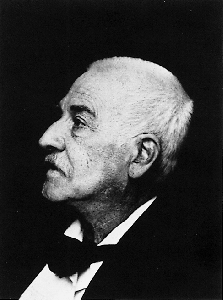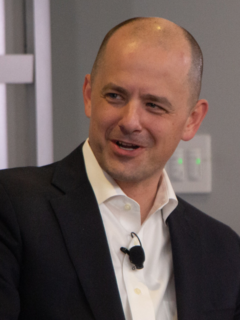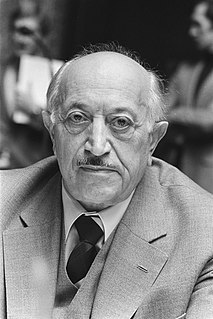A Quote by Arvind Kejriwal
Too much of power has got concentrated in the hands of the Central and state governments.
Quote Topics
Related Quotes
It is unfortunately none too well understood that, just as the State has no money of its own, so it has no power of its own. All the power it has is what society gives it, plus what it confiscates from time to time on one pretext or another, there is no other source from which State power can be drawn. Therefore every assumption of State power, whether by gift or seizure leaves society with so much less power; there is never, nor can be, any strengthening of State power without a corresponding and roughly equivalent depletion of social power.
Dictatorships usually exist primarily because of the internal power distribution in the home country. The population and society are too weak to cause the dictatorship serious problems, wealth and power are concentrated in too few hands. Although dictatorships may benefit from or be somewhat weakened by international actions, their continuation is dependent primarily on internal factors.
The seventeenth century is everywhere a time in which the state's power over everything individual increases, whether that power be in absolutist hands or may be considered the result of a contract, etc. People begin to dispute the sacred right of the individual ruler or authority without being aware that at the same time they are playing into the hands of a colossal state power.
Without question, the balance of power on the planet today lies in the hands of business. Corporations rival governments in wealth, influence, and power. Indeed, business all too often pulls the strings of government. Competing institutions-religion, the press, even the military-play subordinate roles in much of the world today. If a values-driven approach to business can begin to redirect this vast power toward more constructive ends than the simple accumulation of wealth, the human race and Planet Earth will have a fighting chance.
We have reached a stage where governments and political processes have been hijacked by the corporate world. Corporations can within five hours influence the vote in the U.S. Congress. They can influence the entire voting patterns of the Indian Parliament. Ordinary people who put governments in power might want to go in a different direction. I call this the phenomenon of the inverted state, where the state is no longer accountable to the people. The state only serves the interests of corporations.
The power to determine the quantity of money... is too important, too pervasive, to be exercised by a few people, however public-spirited, if there is any feasible alternative. There is no need for such arbitrary power... Any system which gives so much power and so much discretion to a few men, [so] that mistakes - excusable or not - can have such far reaching effects, is a bad system. It is a bad system to believers in freedom just because it gives a few men such power without any effective check by the body politic - this is the key political argument against an independent central bank.
Concentrated power can be always wielded in the interest of the few and at the expense of the many. Government in its last analysis is this power reduced to a science. Governments never lead; they follow progress. When the prison, stake or scaffold can no longer silence the voice of the protesting minority, progress moves on a step, but not until then.
Before the widespread rise of the Internet and easy publishing tools, influence was largely in the hands of those who could reach the widest audience, the people with printing presses or access to a wide audience on television or radio, all one-way mediums that concentrated power in the hands of the few.



